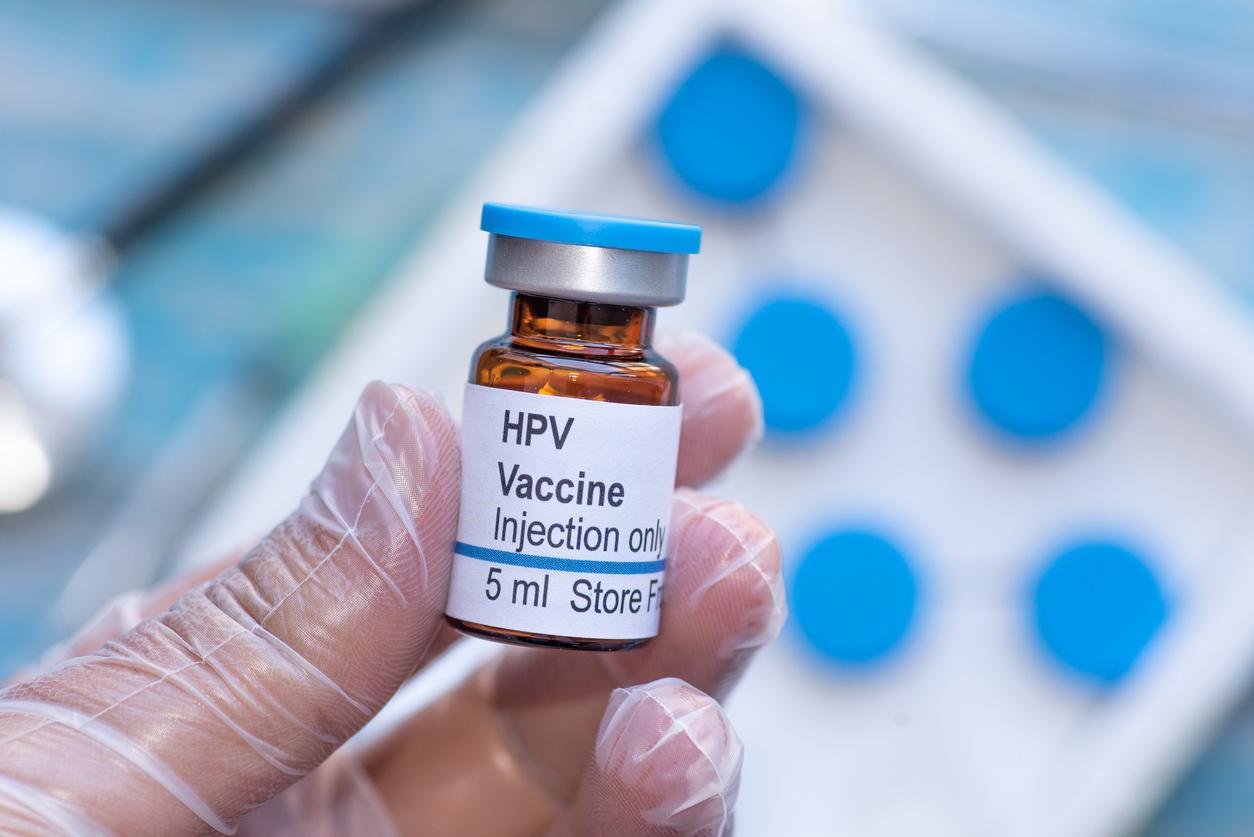For now, these are only laboratory results. The observation is as follows: a single dose of Pfizer vaccine would not allow the development of as many antibodies according to the variants of Covid-19.
Against the original strain of Covid-19, Pfizer would be quite effective, even with a single dose. Against the variant discovered in the United Kingdom (Alpha), a dose of Pfizer would lead to the production of antibodies, in smaller quantities. Finally, against the variants detected in India (Delta) and South Africa (Beta), the body would have an even less effective reaction. That is to say that it would not produce enough neutralizing antibodies (those that truly protect against the disease).
From 79% to 25% protection
To reach this conclusion, the scientists at the Francis Crick Institute exposed the variant strains to the Pfizer/BioNTech product in the laboratory. They reveal that the protection against the original strain of Covid-19 would be 79% after the first dose, but only 50% against the Alpha variant, 32% for the Delta variant and 25% for the Beta variant“.
However, for these observations to be confirmed, a real-life study in the population is necessary. And this does not mean that the vaccine does not play its primary role: avoid developing a severe form disease, regardless of the contracted variant. On the other hand, the researchers believe that the best way to combat this lack of effectiveness is to reduce the time between two doses. For now, the recommended space is 6 weeks.
But the Ministry of Health has planned to grant a little flexibility during the summer holidays to be able to schedule the second injection in the same place as the first. So the period can be reduced to 39 days rather than 42.
Source: AFP
Read also:
- Covid vaccine: everyone over 18 can make an appointment for a vaccination from May 31
- Covid19 vaccine: Sanofi announces marketing at the end of 2021
- Can Covid be transmitted after being vaccinated?
- How to travel in Europe this summer?

















